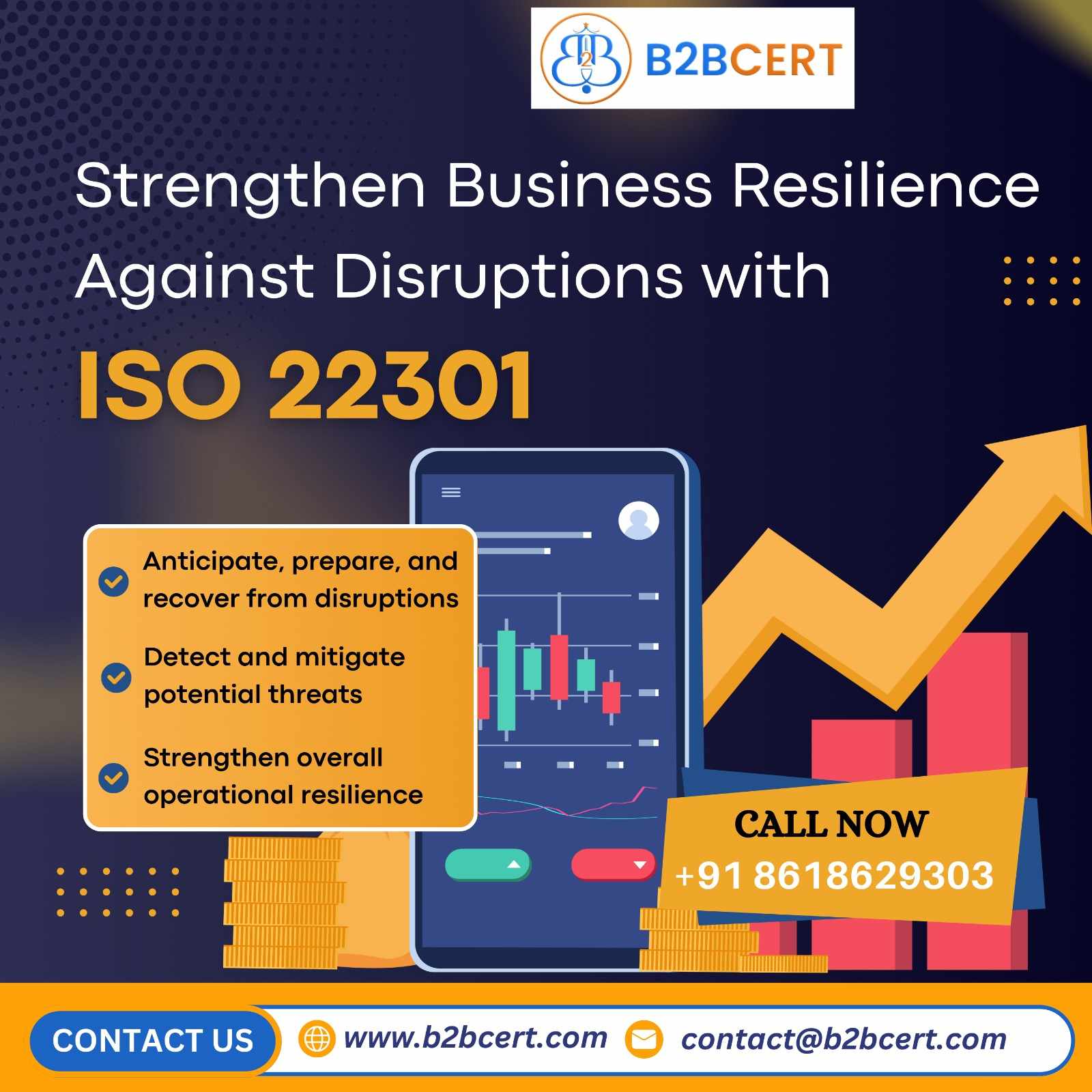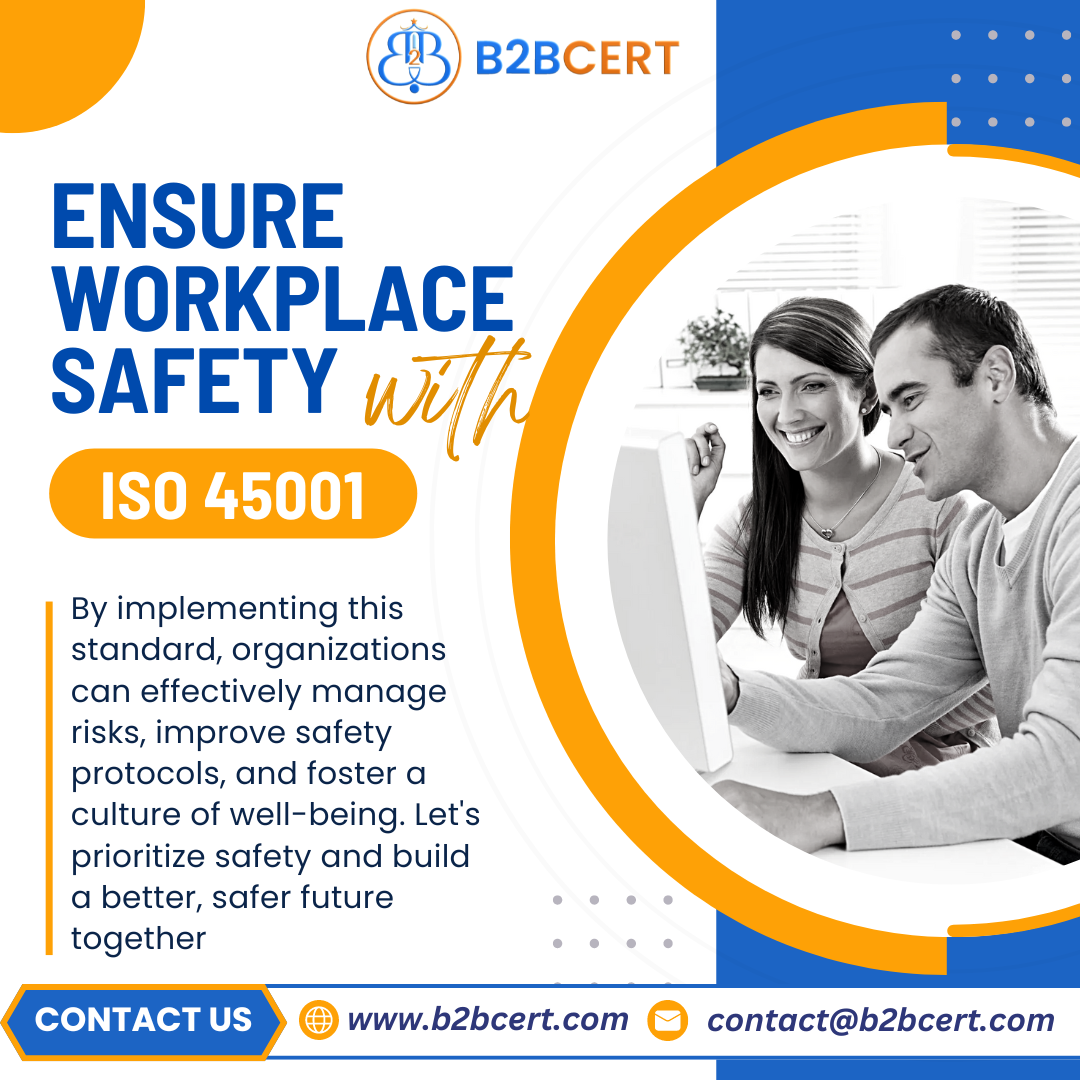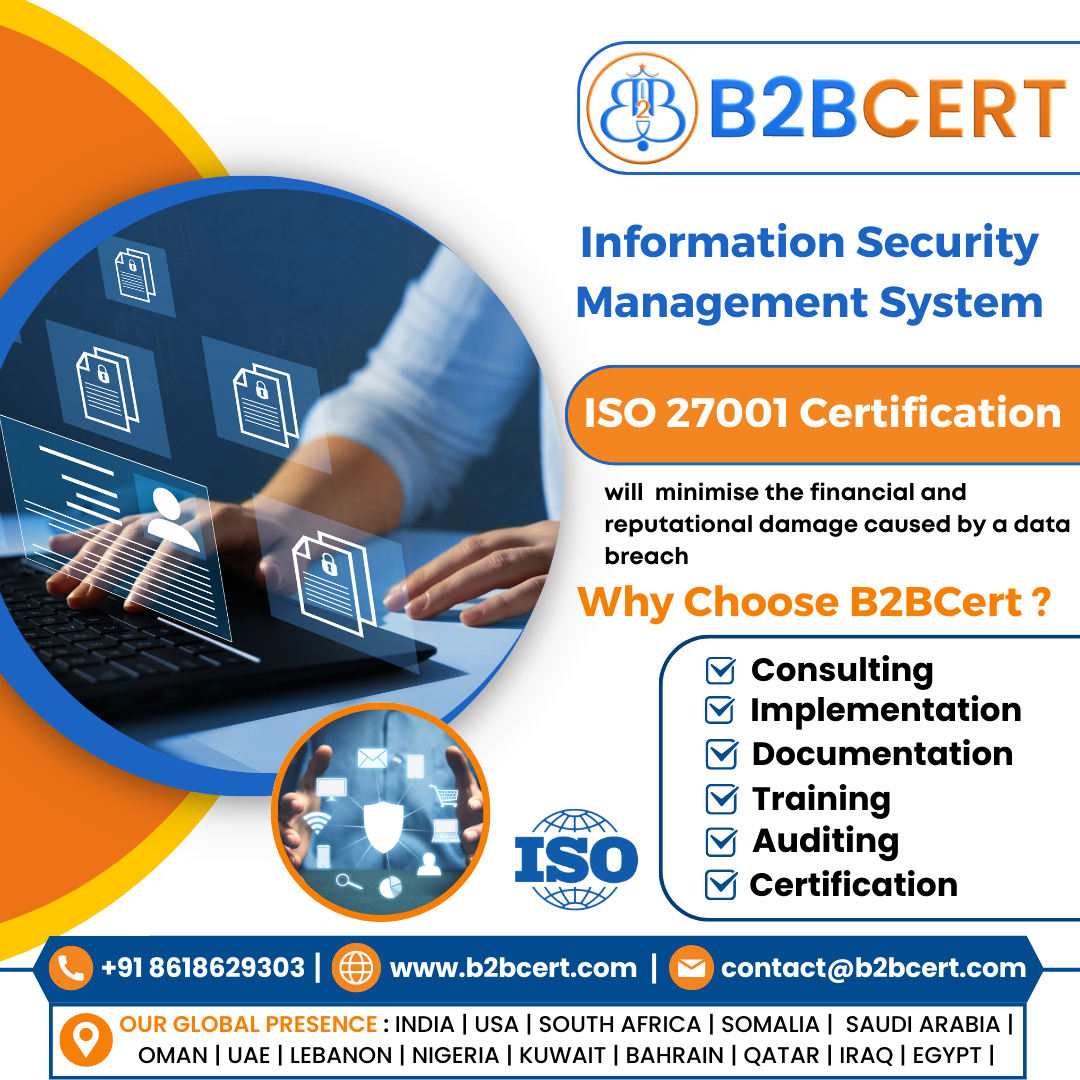
In today’s rapidly evolving business environment, organizations face an array of uncertainties—from natural disasters and cyberattacks to supply chain disruptions and pandemics. Ensuring that a business can continue to operate under such circumstances is no longer optional; it’s a critical requirement. This is where a Business Continuity Management System (BCMS) becomes indispensable. However, the success of a BCMS heavily depends on effective leadership. Leaders not only provide strategic direction but also foster a culture that prioritizes resilience. For businesses in Dubai seeking structured guidance, ISO 22301 Certification in Dubai, supported by experienced ISO 22301 Consultants in Dubai, offers an internationally recognized framework to implement and maintain a robust BCMS.
Leadership and Strategic Direction in BCMS Implementation
The first and foremost responsibility of leadership in implementing a BCMS is setting the strategic direction. Leaders must articulate the importance of business continuity to all stakeholders, ensuring it is aligned with the organization’s overall vision and objectives. By doing so, they embed business continuity into the organizational culture rather than treating it as a compliance exercise. Top management involvement signals to employees that BCMS is a priority, encouraging proactive engagement at every level.
Leadership also involves defining clear policies and objectives for business continuity. Leaders work closely with ISO 22301 Consultants in Dubai to establish measurable goals that ensure resilience. They must prioritize critical business processes, identify potential threats, and allocate resources for risk mitigation. Without this strategic oversight, even the most technically sound BCMS may fail to deliver its intended benefits.
Resource Allocation and Risk Management
Effective leadership ensures that the BCMS receives the necessary resources for implementation. This includes budget allocation, technological support, and human resources. Leaders are responsible for identifying and empowering BCMS champions within the organization, ensuring teams have the training and tools needed to respond effectively to disruptions.
In addition to resources, leaders play a key role in risk management. They oversee the identification and assessment of potential risks, from operational failures to environmental hazards. By engaging with ISO 22301 Consultants in Dubai, leadership can adopt best practices and industry standards to enhance their organization’s resilience. This proactive approach helps organizations minimize the impact of disruptions and ensures continuity of critical functions.
Fostering a Culture of Awareness and Engagement
Leadership is not limited to strategic planning and resource allocation; it extends to cultivating a culture that values preparedness and resilience. Leaders must actively communicate the significance of business continuity to all employees. Regular training sessions, awareness programs, and drills demonstrate the organization’s commitment to maintaining operational stability.
Employee engagement is a direct reflection of leadership’s involvement. Leaders who visibly participate in BCMS activities inspire confidence and encourage staff to take ownership of their roles in business continuity. This participative approach fosters accountability and ensures that the BCMS is more than a theoretical framework—it becomes a living, functional system embedded within daily operations.
Leadership in Monitoring, Review, and Continuous Improvement
A BCMS is not a one-time implementation; it requires continuous monitoring, evaluation, and improvement. Leaders are instrumental in establishing mechanisms to review the effectiveness of the system regularly. They oversee audits, risk assessments, and incident simulations, ensuring that the BCMS remains aligned with evolving business needs.
By working with ISO 22301 Consultants in Dubai, leadership can identify gaps, implement corrective actions, and enhance the system’s efficiency. Continuous improvement driven by leadership ensures that the organization can adapt to new threats, technological changes, and regulatory requirements.
Compliance, Certification, and Stakeholder Confidence
Achieving ISO 22301 Certification in Dubai demonstrates that an organization has a structured and effective BCMS. Leadership plays a central role in steering the organization toward certification by providing strategic vision, ensuring compliance, and championing the adoption of international standards. This not only strengthens the organization’s operational resilience but also enhances stakeholder confidence, signaling that the business is well-prepared to handle disruptions.
Conclusion
Leadership is the cornerstone of a successful Business Continuity Management System. From providing strategic direction and allocating resources to fostering a culture of preparedness and driving continuous improvement, leaders shape every aspect of BCMS implementation. Engaging with expert ISO 22301 Consultants in Dubai and leveraging ISO 22301 Services in Dubai can further empower leaders to navigate challenges and ensure that their organizations remain resilient in the face of uncertainty. Ultimately, strong leadership transforms BCMS from a regulatory requirement into a strategic advantage, securing the organization’s future in an unpredictable world.




Write a comment ...